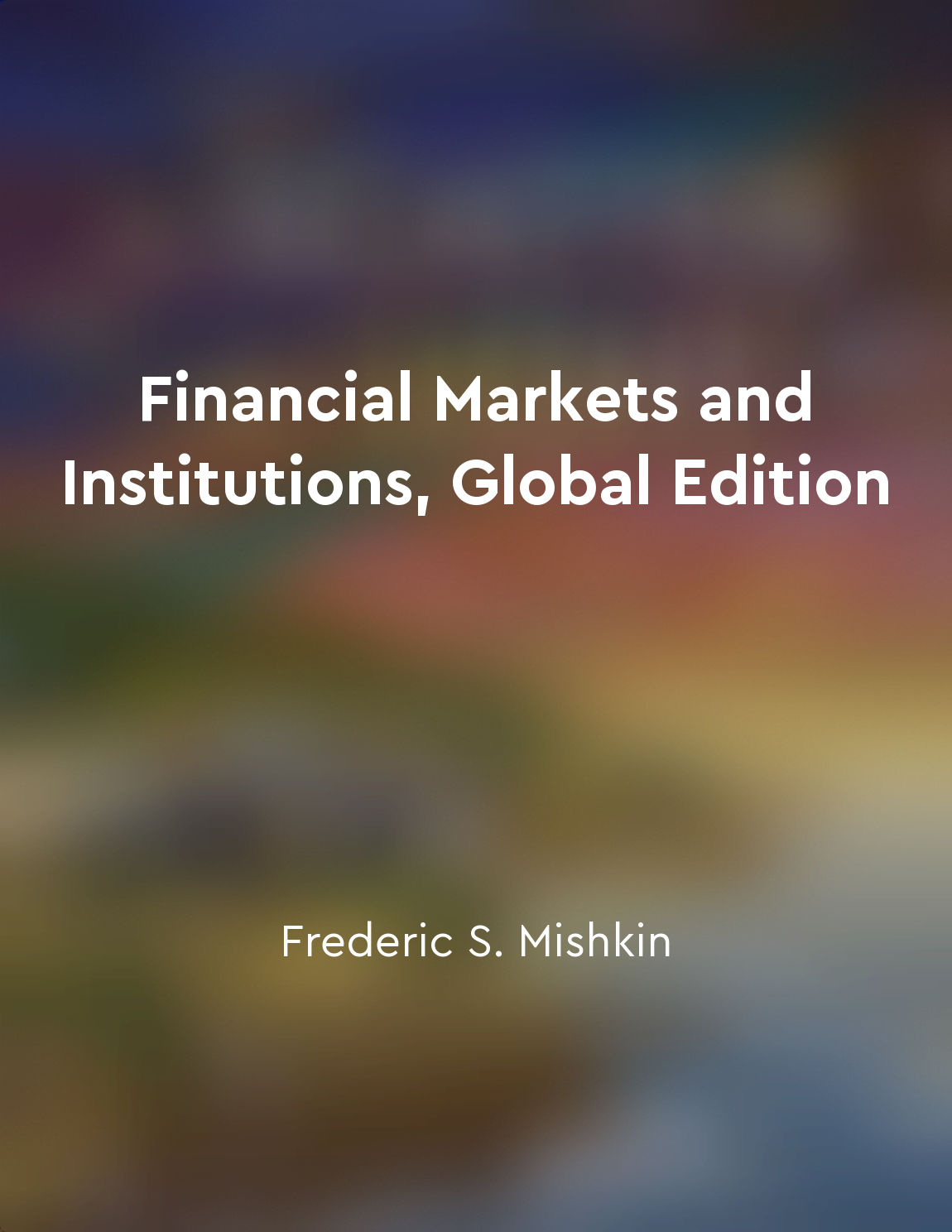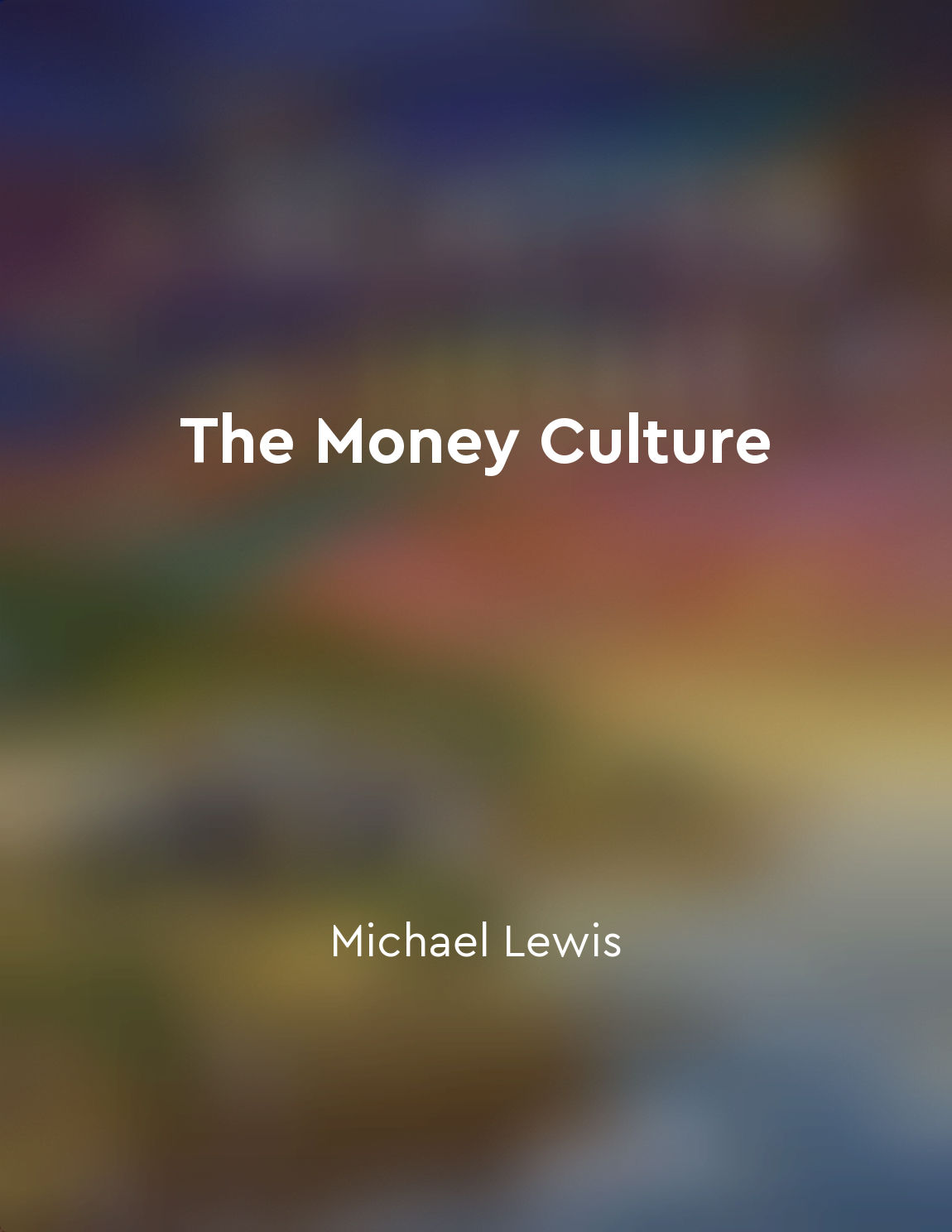Cascading effects spread market disturbances from "summary" of Why Stock Markets Crash by Didier Sornette
The idea that disturbances in the market can spread like a cascade is a central concept in understanding why stock markets crash. This concept suggests that a small event or shock in the market can trigger a chain reaction of effects that ultimately lead to a crash. Imagine dropping a pebble into a pond - the initial disturbance creates ripples that spread outwards in all directions. Similarly, in the stock market, a small event can create waves of panic and instability that reverberate throughout the system. These cascading effects can be fueled by a variety of factors, including investor behavior, market dynamics, and external events. For example, if a major company unexpectedly reports poor earnings, it can lead to a sell-off of its stock, which in turn can trigger a broader market sell-off as investors panic and rush to liquidate their holdings. As the selling pressure mounts, it can create a self-reinforcing cycle where falling prices lead to more selling, which in turn leads to even lower prices. This can create a feedback loop that amplifies the initial disturbance and accelerates the crash. In addition, the interconnected nature of financial markets means that disturbances can easily spread from one market to another. For example, a crash in one market can trigger selling in other markets as investors seek to reduce their exposure to risk.- The concept of cascading effects highlights the complex and interdependent nature of financial markets. By understanding how disturbances can spread and amplify, we can better prepare for and potentially mitigate the impact of market crashes.
Similar Posts

Cybersecurity measures protect against threats to financial infrastructure
Cybersecurity measures are essential in safeguarding financial infrastructure from various threats. As technology advances, the...
Climate crisis ignored in pursuit of profit
The climate crisis is one of the most pressing issues of our time, yet it is often pushed aside in the relentless pursuit of pr...
Investment goals should drive strategy
When it comes to investing, it is essential to have a clear understanding of your investment goals. These goals will serve as t...
The repercussions of Wall Street’s unchecked power
The financial crisis of 2008 was not a random event. It was the result of a system that had become corrupted by greed and unche...
Understand the company's financial statements
Understanding the financial statements of a company is crucial for any investor. You don't need to be an accountant to grasp th...

Business cycles are a natural part of economic growth
Business cycles are an inherent feature of the economic landscape. These cycles represent fluctuations in economic activity ove...
Prioritize saving for retirement to secure your future financial stability
Saving for retirement is not just about setting aside money for the future; it is about ensuring your financial stability down ...
Wall Street
Wall Street is not just a physical location in Lower Manhattan. It is a symbol of power, wealth, and influence in the world of ...

Corporate culture emphasizes profit over ethics
In the world of finance, the prevailing ethos is one that places profits above all else. Ethics are often seen as a hindrance t...
Stock prices reached unsustainable highs
The most extraordinary thing about the stock market in the years leading up to the great crash of 1929 was the relentless rise ...

